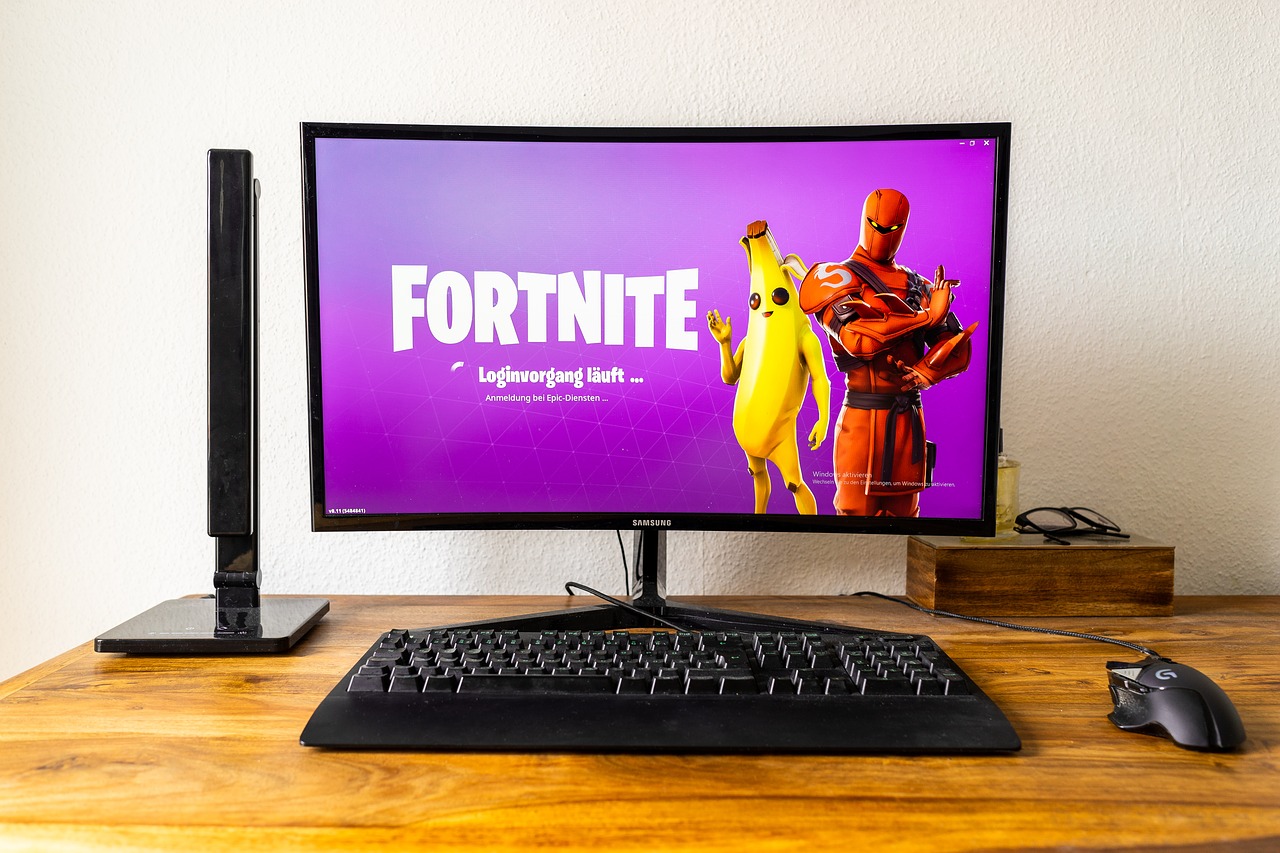
Epic Games has filed a legal complaint after Apple decided to ban Fortnite from its App Store, preventing users from installing the globally popular game.
The filing of the legal complaint in a California court was announced by Epic Games minutes after Apple removed Fortnite from the App Store.
The ban was imposed following a game update that allowed players to purchase in-game currency at a lower rate if they bought directly from Epic, effectively bypassing Apple.
Using the App Store, Apple takes a standard 30% cut of sales from its compulsory payment system. Apple said Epic had taken the "unfortunate step of violating the App Store guidelines".
Fortnite also appeared to have been removed by Google from its Google Play Store hours after the Apple ban, although it remains available on Android phones via other methods, including Epic Games' own launcher.
App Store ban and Epic's legal complaint
Users of iOS devices can only legitimately load apps thru the App Store. Under its guidelines, any payment system apart from Apple's own is strictly prohibited. This has been the cause of several high-profile conflicts between developers and Apple.
According to Epic, iPhone players who already installed the app should be able to continue playing until the launch of the next game update. After that, some features would be lost.
However, those using an Apple Mac computer will not be affected, since that version does not use the iOS App Store.
Aside from the legal complaint, Epic Games also announced the in-game screening of a short film titled Nineteen Eighty-Fortnite, a play on George Orwell's novel Nineteen Eighty-Four.
The novel has also been referenced by Apple in television ad in the year 1984, when the then-young firm presented itself as taking on then-dominant corporation IBM.
In its legal complaint, Epic Games referenced the Apple ad, saying: "Apple has become what it once railed against: the behemoth seeking to control markets, block competition, and stifle innovation."
The game developer alleged Apple of effectively running a monopoly in both deciding what apps can appear on iPhones and demanding that its own payment system, with the relatively high 30% cut, be used.
According to Piers Harding-Rolls, games research director at Ampere Analysis, Epic's update that violated Apple's policy "was done to make Apple remove the app".
He said: "Removing Fortnite from the App Store helps to deliver a groundswell of support for Epic, something it is trying to achieve."
He pointed out that while iPhones are not the biggest platform for Fortnite, but Epic will still notice its ban because the iOS version "generates tens of millions of dollars in revenue every month on Apple platforms".
Fortnite virtual currency
In February, Fortnite's virtual currency, V-bucks, was thrust into the spotlight when the US Internal Revenue Service (IRS) posted an advisory advising that it should be reported on tax returns.
The tax return guideline has then been deleted. The advisory, which dates back to at least October of last year, is the first time the agency has ruled on video game currencies.
The policy, which affects Fortnite’s V-bucks that are purchased with real dollars, is based on what the IRS enforces on bitcoin, ether and other cryptocurrencies.
Despite the deletion, experts say that transactions involving video game currencies will still need to be reported eventually under a new question the IRS is including this year on tax forms.
The day after the deletion, IRS Chief Counsel Michael Desmond said that the inclusion of video game currencies had been a mistake. He stated: “It was corrected and that was done quickly — as soon as it was brought to our attention.”






